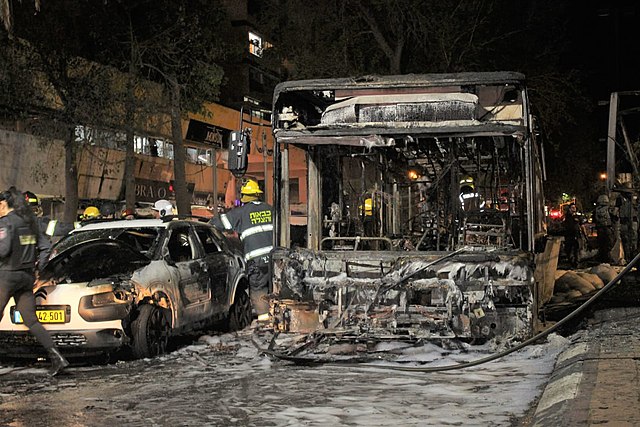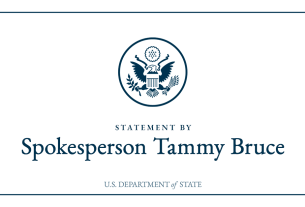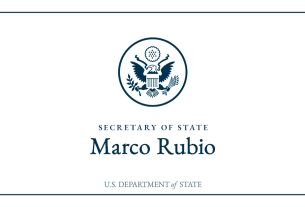On May 10, deadly rockets lit up Israel’s skies. Hamas, a militant group in Gaza (a Palestinian territory), launched rockets towards Israel in response to rising tensions between the Arabs and Israelis.
In response, Israel carried out air raids against Gaza. At least 232 Palestinians, including 65 children, have died in Gaza. On the Israeli side, 12 people including two children were killed.
This level of violence on the streets has not been seen in decades. International leaders from countries, including the U.S and Egypt, had called on both sides to de-escalate the conflict. Finally, a ceasefire has been agreed upon today bringing this deadly conflict to an end.
Let’s take a closer look at the recent Israel-Palestine conflict and what led to it.
Simmering Tensions
 The Arab-Israeli conflict is as old as the birth of Israel. After World War II, the United Nations carved out a part of the Palestinian territory to create a Jewish homeland for those fleeing persecution in Europe. This was rejected by the Palestinian Arabs, who have since seen their rights and territories disappear.
The Arab-Israeli conflict is as old as the birth of Israel. After World War II, the United Nations carved out a part of the Palestinian territory to create a Jewish homeland for those fleeing persecution in Europe. This was rejected by the Palestinian Arabs, who have since seen their rights and territories disappear.
Arabs are a minority in Israel, making up 20 percent of the population. While many of them have assimilated with the Jewish population, others live in Gaza and West Bank — two areas that are Palestinian territories.
The Palestinian Arabs have dealt with much racism from Israel’s right-wing government under its leader Benjamin Netanyahu. In 2018, Netanyahu’s government indirectly relegated Arabs as second-class citizens of Israel when it declared itself a nation-state of the Jewish people.
Recently, this discrimination has become more severe, with Jews openly calling for the death of Arabs. Israel’s government has been heavily influenced by the Jewish supremacist party, Otzma Yehudit. The government has also completely ignored issues such as poverty, discrimination, and organized crime in Arab communities — in fact, Palestinian Arabs are the victims of 71% of all murders in Israel.
What Led To The Recent Crisis?
 In east Jerusalem, a land that Jews and Arabs have long fought over, violent clashes erupted between the Arabs and Israelis. It started with the eviction of several families from east Jerusalem by settlers — these Palestinian Arabs had lived in their homes since the 1950s.
In east Jerusalem, a land that Jews and Arabs have long fought over, violent clashes erupted between the Arabs and Israelis. It started with the eviction of several families from east Jerusalem by settlers — these Palestinian Arabs had lived in their homes since the 1950s.
Additionally, in April, Israeli police barricaded Damascus Gate, a popular gathering place for Arabs during Ramadan, leading the Palestinian citizens to violently attack the Israeli police in protest. And on the last Friday of Ramadan, the Israeli police raided the holiest site for Muslims in Jerusalem, the al-Aqsa Mosque, where many Muslims had gathered to pray.
These attacks against the Arabs in Israel significantly increased tensions. And on May 10, Hamas which controls Gaza went on the offensive, launching a volley of rockets at Israel. In response, Israel attacked Gaza with air raids.
Egypt helped broker the peace deal which was met with relief on the streets. However, despite the pause, the reasons underlying the tensions still remain. The road to peace is still very long…
Sources: Al Jazeera, NY Times, BBC, Vox



